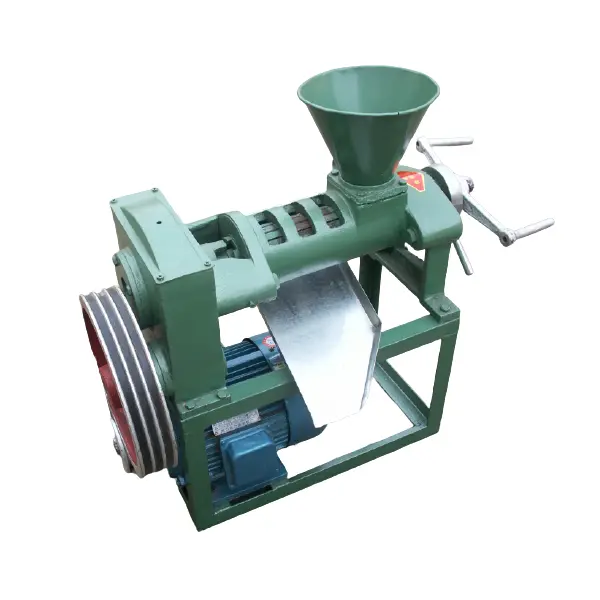Oct . 12, 2024 01:42 Back to list
Refined Seed Oil Production and Processing Unit Overview
The Importance of Refined Seed Oil in Modern Industry
Seed oils have become a cornerstone in various industries, ranging from culinary applications to cosmetics and biodiesel production. The process of refining seed oil is critical in ensuring that the oil meets the required standards for purity, flavor, and usability. This article explores the importance of refined seed oil, its production process, and its applications across different sectors.
Understanding Seed Oils
Seed oils are extracted from various seeds, such as sunflower, canola, soybean, and flaxseed. These oils are rich in essential fatty acids, vitamins, and antioxidants, making them beneficial for health. However, raw seed oils often contain impurities, free fatty acids, and other substances that can affect their quality and shelf life. Therefore, refining is an essential process that enhances the oil's properties, making it suitable for consumption and industrial use.
The Refining Process
The refining of seed oils typically involves several key steps degumming, neutralization, bleaching, and deodorization.
1. Degumming This is the initial step where phospholipids, gums, and other impurities are removed. Water or acidic solutions are often added to the oil to hydrate these impurities, allowing them to be separated through centrifugation.
2. Neutralization After degumming, the oil undergoes neutralization to remove free fatty acids that can lead to rancidity. Alkali agents, such as sodium hydroxide, are added to the oil, and after heating, the unwanted acids are removed through centrifugation.
3. Bleaching This step involves removing colors and further impurities from the oil, utilizing adsorbent materials like activated clay or carbon. This not only improves the aesthetic quality of the oil but also helps in eliminating compounds that can affect flavor.
seed oil refined unit product

4. Deodorization The final step is deodorization, where steam distillation is used to eliminate volatile compounds that can impart undesirable odors and flavors to the oil. This process ensures that the refined oil is neutral in taste, making it more versatile for food applications.
Applications of Refined Seed Oils
Refined seed oils have widespread applications across various sectors
- Culinary Uses In the food industry, refined seed oils are favored for cooking, frying, and salad dressings due to their high smoke points and neutral flavors. Popular oils like canola and sunflower oil are commonly used in homes and restaurants alike.
- Cosmetic Products The beauty industry utilizes refined seed oils for their emollient properties. Oils such as jojoba, argan, and safflower are often included in skin and hair care products for their moisturizing and nourishing benefits.
- Biodiesel Production With the rising demand for sustainable energy sources, refined seed oils serve as a feedstock for biodiesel production. Their renewable nature makes them an attractive alternative to fossil fuels, contributing to cleaner energy solutions.
- Industrial Applications Refined seed oils also find use in lubricants, soaps, and other industrial products, showcasing their versatility beyond culinary purposes.
Conclusion
The refinement of seed oils plays a crucial role in enhancing their quality and expanding their applications across various industries. The multi-step refining process ensures that the oils are safe, stable, and suitable for consumption and industrial use. As the demand for high-quality oils continues to grow, the importance of refined seed oils will remain significant in shaping future culinary, cosmetic, and industrial landscapes. With ongoing innovations and a focus on sustainable practices, refined seed oils will undoubtedly continue to play an essential role in our daily lives.
-
High-Efficiency Peanut Oil Refined Machine for Quality Oil Production Leading Exporters & Companies
NewsJul.08,2025
-
High Efficiency Sunflower Seed Oil Press – Leading Cooking Oil Press Machine Factories & Suppliers
NewsJul.08,2025
-
High-Efficiency Soybean Oil Press Machine – Leading Exporters & Reliable Companies
NewsJul.07,2025
-
High-Efficiency Seed to Oil Extractor – Reliable Extraction Machinery for Your Business
NewsJul.07,2025
-
High-Quality Pressing Screw of Oil Expeller for Efficient Oil Extraction Leading Exporters & Manufacturers
NewsJul.06,2025
-
High-Efficiency Essential Oil Extraction Machine Trusted Exporters & Companies
NewsJul.06,2025
